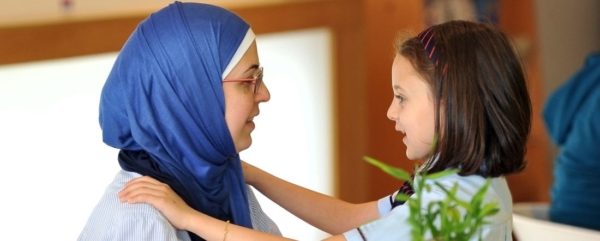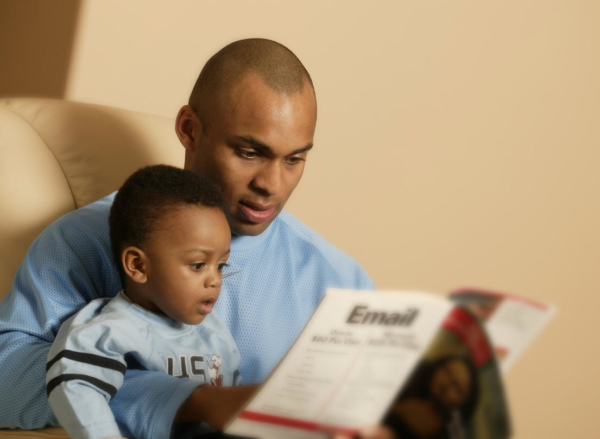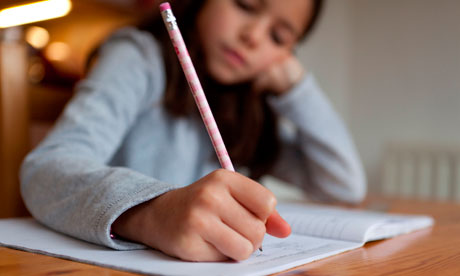
You are your children’s learning models. Your attitudes about education show them how to take charge of their own educational journey.
Be a role model for learning
In the early years, parents are their children’s first teachers — exploring nature, reading together, cooking together, and counting together. When a young child begins formal school, the parent’s job is to show him how school can extend the learning you began together at home, and how exciting and meaningful this learning can be. Through guidance and reminders, parents help their kids organize their time and support their desires to learn new things in and out of school.
Practice what your child learns at school
Many teachers encourage parents to go over what their young children are learning in a non-pressured way and to practice what they may need extra help with. This doesn’t mean drilling them for exams, but it may mean going over basic counting skills, multiplication tables or letter recognition, depending on the needs and learning level of your child. There may be times to review, but don’t take on the role of the teacher.
Set aside time to read together

Father reading a book to his son
Read aloud regularly, even to older kids. If your child is a reluctant reader, reading aloud will expose her to the structure and vocabulary of good literature and get her interested in reading more. Reading the first two chapters of a book together can help, because these are often the toughest in terms of plot.
Help your child take charge of his learning
“We want to keep children in charge of their learning and become responsible for it. We want them to be responsible for their successes and failures, remind them that the motivations for learning should be the child’s intrinsic interests, not an external reward.
Don’t over-schedule your child
While you may want to supplement school with outside activities, be careful about how much you let or urge your child to do. Remember If a child has homework, organized sports and a music lesson it can quickly become a joyless race from one thing to another. Therefore, monitor your child to see that he is truly enjoying what he is doing. If he isn’t, cut something off the schedule.
Helping with Homework

Homework is designed to help students reinforce key concepts, process and solidify new information, provide time for extra practice of skills, and reflect on how much they’ve learned. Don’t do the homework for your child. Most teachers use homework to find out what the child knows. They do not want parents doing their children’s homework but do want parents to make sure homework is completed and review any mistakes to see what can be learned from them. Remember it’s their homework not yours, but you should be close enough in case you are needed to help and to make sure everything is going perfect.
Let the teacher know if you gave your child a lot of homework help
“If your child needs extra help or truly doesn’t understand something, let the teacher know. Write on the assignment, ‘done with parents help,’ or write a separate note.
- Some children need help organizing their homework. Checklists, timers, and parental supervision can help overcome homework problems.
- Some children may need help remembering their assignments. Work with your child and their teacher to develop an appropriate way to keep track of their homework through follow up notebook.
- Establish a good sleep routine. Insufficient sleep is associated with lower academic achievement as well as higher rates of absenteeism and tardiness. The optimal amount of sleep for most adolescents (13-18 year of age) is in the range of 8-10 hours per night.
Limit media exposure
Turn off the TV and the iPod when your child does homework. And the computer too, unless it’s being used for research. You might start by asking how much time he thinks he should spend on this, and negotiate from there. Remember, you have the final word. And keep in mind that if you watch TV when your child can’t, the plan may backfire.



